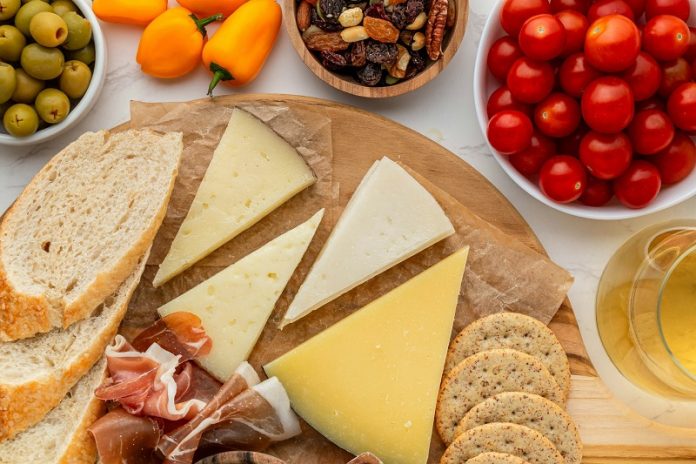
If you’ve ever had a bad night’s sleep after eating cheese or other dairy products, you’re not alone—and science might have an explanation.
A new study has found that food, especially dairy, can affect sleep quality and even cause bad dreams.
The reason may be that people who are lactose intolerant experience digestive issues during the night, which can disturb their sleep and dreams.
The research was led by Dr. Tore Nielsen from the Université de Montréal and published in the journal Frontiers in Psychology. The team asked more than 1,000 college students about their sleep quality, eating habits, and whether they noticed any connection between food and their dreams.
They discovered that about one-third of participants regularly had nightmares. Women were more likely to report bad sleep, nightmares, and food sensitivities. Around 40% of students believed eating late or eating certain foods affected their sleep.
Those who ate less healthy diets were more likely to have unpleasant dreams and less likely to remember them clearly.
The researchers found a strong link between lactose intolerance and nightmares. Students who were lactose intolerant and ate dairy often experienced stomach pain or gas at night, which disrupted their sleep and triggered bad dreams.
Even though only 5.5% of people said they thought food affected the tone of their dreams, many of those who did named sweets, spicy foods, or dairy as the causes of disturbing or strange dreams.
Dr. Nielsen said that these findings support long-standing folk beliefs that what you eat before bed can affect how you sleep and what you dream.
“Nightmares are worse for lactose-intolerant people who suffer severe stomach problems and whose sleep is interrupted,” he said. “This makes sense, because we already know that other physical sensations can influence dreaming.”
Nightmares don’t just affect dreams—they can also wake people up suddenly, leaving them anxious and making it hard to fall back asleep. This can lead to sleep avoidance and long-term sleep problems.
Interestingly, the researchers believe that greater awareness of food sensitivities today might explain why fewer people reported food-related dreams than in a previous study from 11 years ago. More people today may be avoiding the foods that disturb their sleep, leading to better rest.
However, scientists still don’t fully understand how food and sleep are connected. It’s not clear whether poor eating leads to poor sleep or whether poor sleep affects how people eat. It might also be that another unknown factor influences both. More studies are needed to figure out what’s really going on.
Dr. Nielsen says that future research should look at people of different ages and backgrounds to see if these results apply more broadly. He and his team are also interested in doing a controlled study where people eat cheese or another food before bed to see how it affects their dreams and sleep.
For now, the message is simple: if you have frequent nightmares or restless nights, it might help to watch what you eat in the evening—especially when it comes to dairy.
If you care about nutrition, please read studies that whole grain foods could help increase longevity, and vitamin D supplements strongly reduce cancer death.
For more information about nutrition, please see recent studies about natural coconut sugar that could help reduce blood pressure and artery stiffness, and whey and soy protein may reduce inflammation in older people.
The study is published in Frontiers in Psychology.
Copyright © 2025 Knowridge Science Report. All rights reserved.



